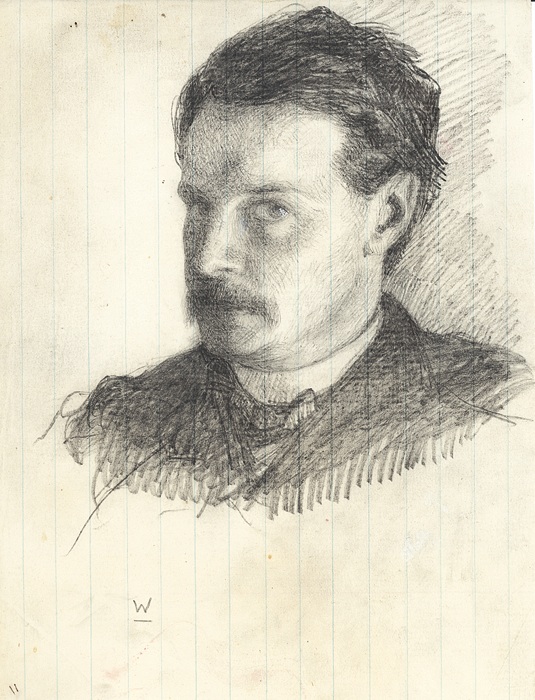SP19 PHIL690
Seminar on Special Topics: 
Current Research in History and Philosophy of Psychology: James on Consciousness (PHIL690)
Professor: Alexander Klein
Thursdays · 7:00pm–9:45pm · LA1–304
William James is an acknowledged master of phenomenological description. We owe him some instantly recognizable figures of speech that continue to permeate the way we talk about consciousness: the newborn’s mental life as a “blooming, buzzing confusion”; our experience of time as always involving a “specious present”; the distinction between the “fringe” and the “nucleus” of a mental state; and of course our “stream of consciousness” that is “nothing jointed; it flows.” Perhaps unsurprisingly then, his work on consciousness is chiefly remembered for its answers to the question of how best to describe the basic phenomenology of consciousness itself, from a first-person perspective, and articulating such a phenomenology has often been portrayed as the ultimate aim of James’s 1890 magnum opus, The Principles of Psychology. In fact, he regarded introspection as useful but highly fallible, relying on extensive third-person streams of evidence to underwrite crucial inferences from descriptions of his own phenomenology to potentially more objective claims about the nature and evolutionary function of all consciousness. The third-person results include then-cutting-edge brain experimentation, particularly vivisection experiments performed on frogs, dogs, pigeons, and other vertebrates. James ultimately developed an account of consciousness as an evaluating agency whose function is to stabilize the creature’s bodily engagement with its environment. By the end of his career, he had turned to more metaphysical concerns, defending a form of neutral monism that treated reality as composed of some underlying stuff that is neither mental nor physical, and out of which all consciousness and all material bodies are constructed.
In this class graduate students will work through the professor’s forthcoming book manuscript on James on consciousness. Readings will alternate between primary sources and manuscript chapters. Primary sources will include not only James, but also other figures who have made key contributions to our physiological, philosophical, and evolutionary grasp of consciousness, including some of the following: René Descartes, Marshall Hall, G. H. Lewes, Herbert Spencer, William Clifford, T. H. Huxley, Hermann von Helmholtz, Sigmund Freud, and G. E. Moore.
